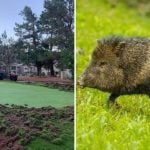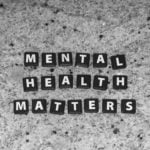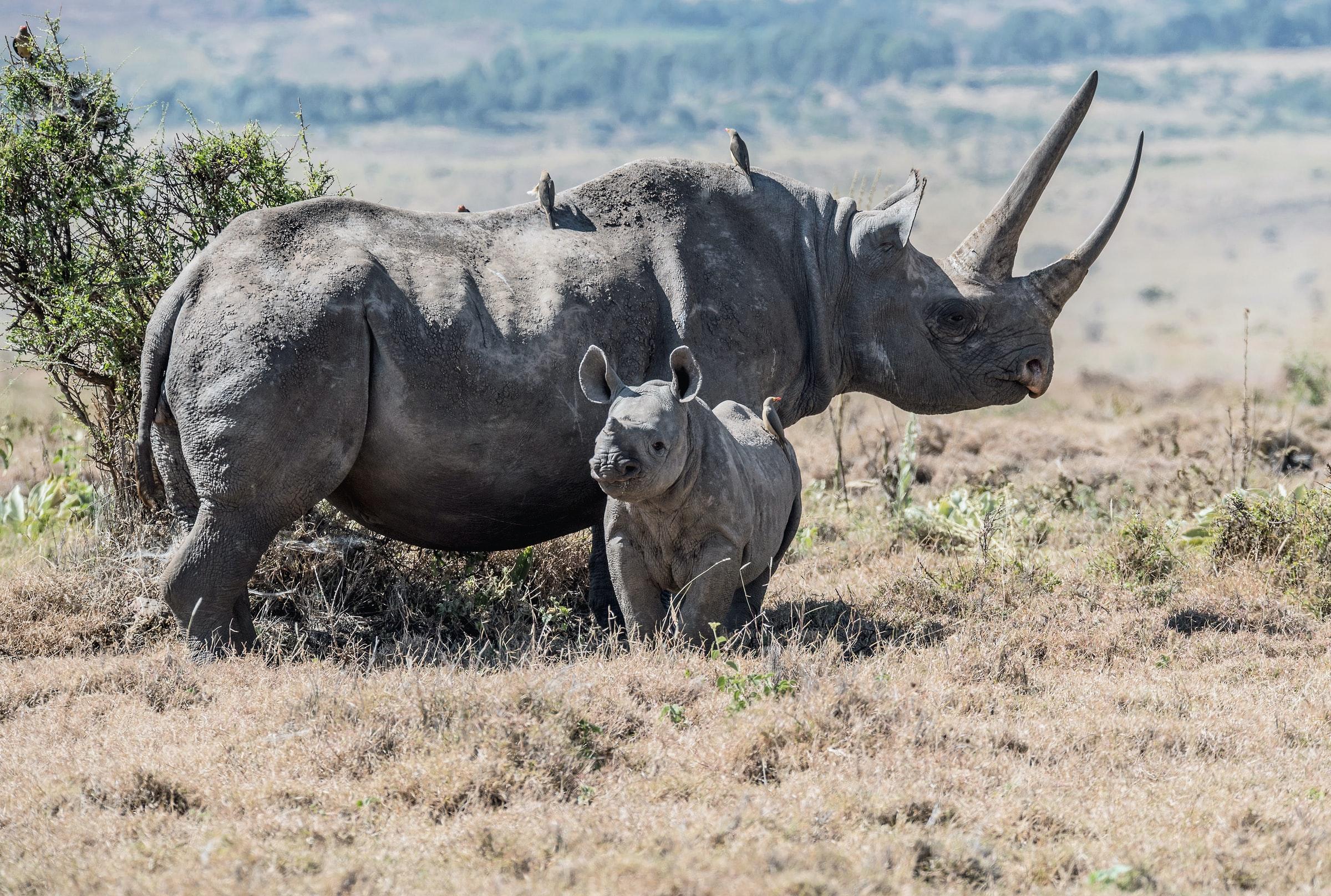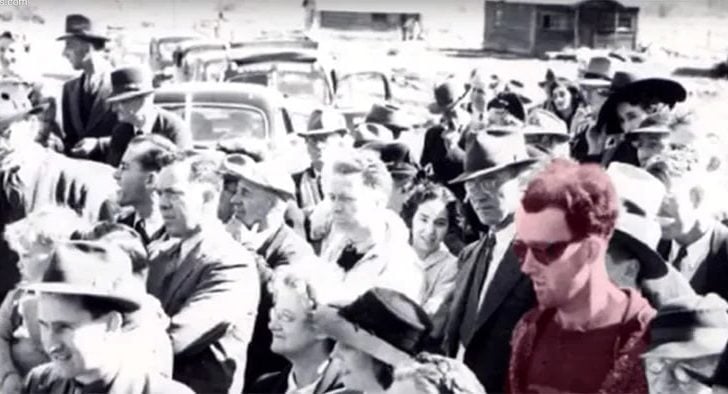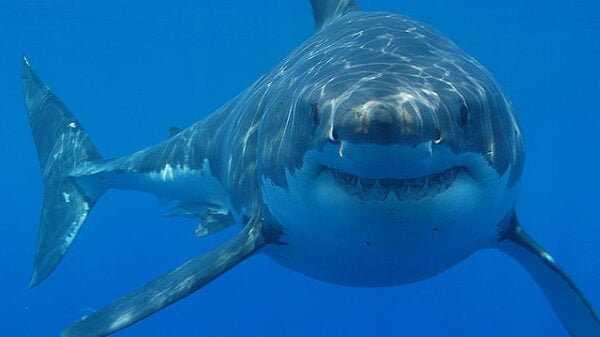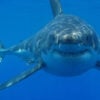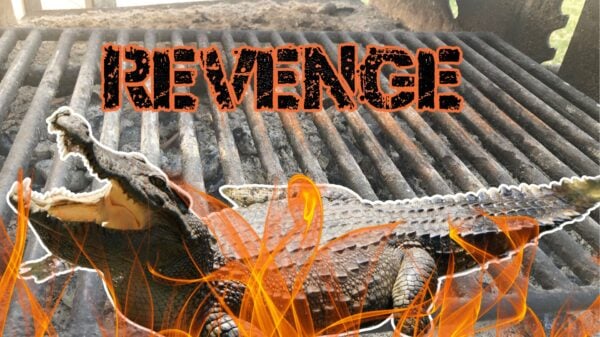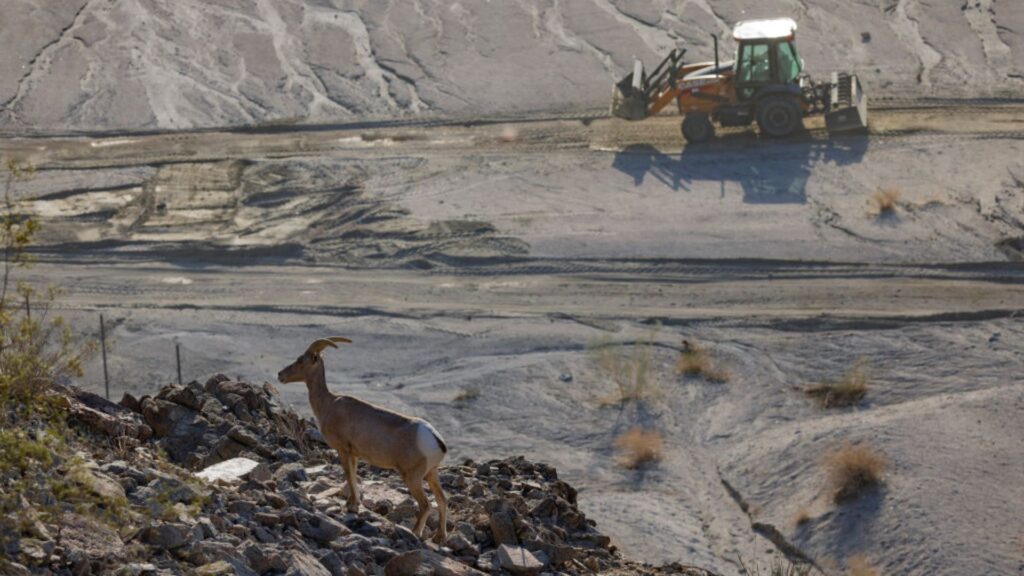Poaching, the illegal hunting and killing of animals, is the most direct threat to different species of animals after the destruction of natural habitats. Animals are vital natural resources and poaching results in the depletion of these valuable assets. The wildlife population declines, and the effect on biodiversity and the ecosystems is detrimental and disturbing. One of the main concerns of poaching is that it continues to push a large number of animals close to extinction.
Various reasons have been given for poaching. The market for animal parts and products is a multibillion-dollar industry. There is an ever-increasing demand for ivory tusks, fur, skin, bones, and even teeth of particular animals. These sell for thousands of dollars in illegal markets. Some cultures kill or sacrifice different animals for religious beliefs and others for their medicinal values. Other than the glaring negative effect of literally ending the life of wild animals, poaching has even more negative effects.
The Negative Effects and Concerns of Poaching
Endangering Animals
- Many animals are now on the endangered species list because of poaching. For example, elephants, rhinos, tigers, and many more animals are now on the verge of extinction.
- Animals are born free. They need space to roam about. Poaching forces animals to live in reserves and in captivity to survive. However, being in captivity forces the animals to live in constrained areas. These unnatural situations are often very different from the ones they are used to. This makes the survival of these animals difficult and painful.
The Criminal Aspects
- Poachers are often responsible for the deaths of officers and rangers who are protecting the wildlife in national parks. Between 2009 and 2016, poachers took the lives of more than 600 Rangers in Africa. Around 170 rangers lost their lives at the Congo Virunga National Park during the same period, according to a report from the National Geographic Society.
- Reports also link poaching to crimes like human trafficking, money laundering, and corruption.
Affecting Both the Ecosystem and Economy
- The spread of diseases like Ebola and SARS also has a connection to poaching. These diseases spread from wild animals to human beings, resulting in the deaths of thousands of people. The United States Center for Disease Control states that 75% of all diseases reach human beings through the smuggled exotic animals smugglers bring to unmonitored international markets.
- Poaching also creates an imbalance in the ecosystem, which thrives on the population of animal predators and preys to preserve its diversity. Diversity helps maintain the food chain, and poaching leads to an explosion of growth of one species and the destruction of another. The ecosystems of the world are sensitive and we must preserve them. Maintaining a healthy balance between plants, animals, and humans requires a variety of flora and fauna. Our own survival as a species depends on it.
- Another sector that poaching affects is the tourism industry. People love visiting countries which have a wide variety of wildlife. When poaching reduces the number of animals or even causes extinction, the tourism industry suffers, and the economies fall.
Final Thoughts on the Concerns of Poaching
Poaching is a big, lucrative business of crime, and it is run by dangerous and ruthless international networks. Corruption and weak regulations allow these networks to continue plundering wildlife reserves.
The punishment, if any, is light and the ones caught are the frontline poachers and not the organization behind it. At the same time, the masterminds in the background who are minting money from the business remain scot-free. They never get caught, and their business remains safe. They continue with the illegal capture, hunting, and killing of animals without a thought to its consequences on the wildlife, the environment, or the human population.












